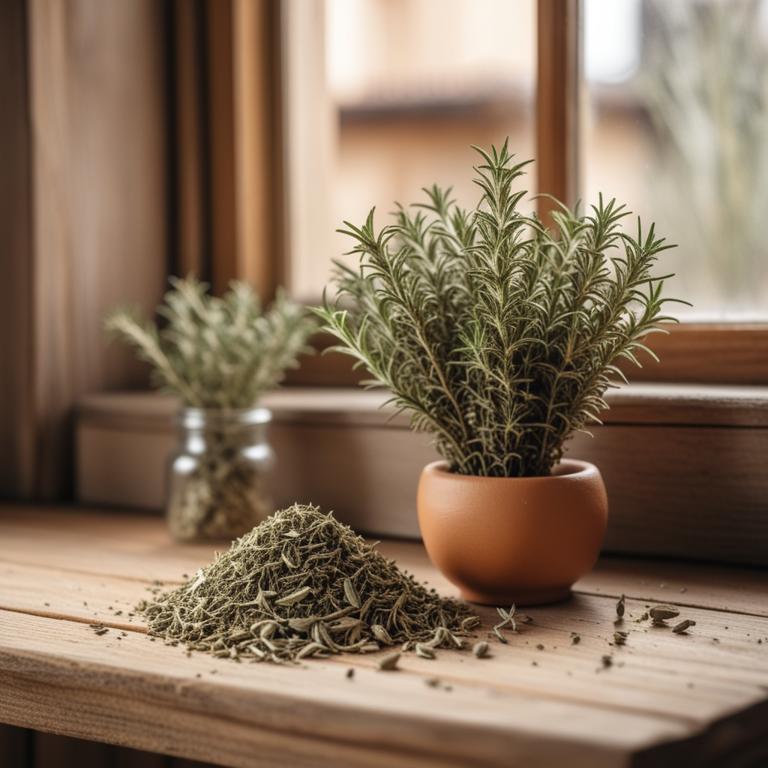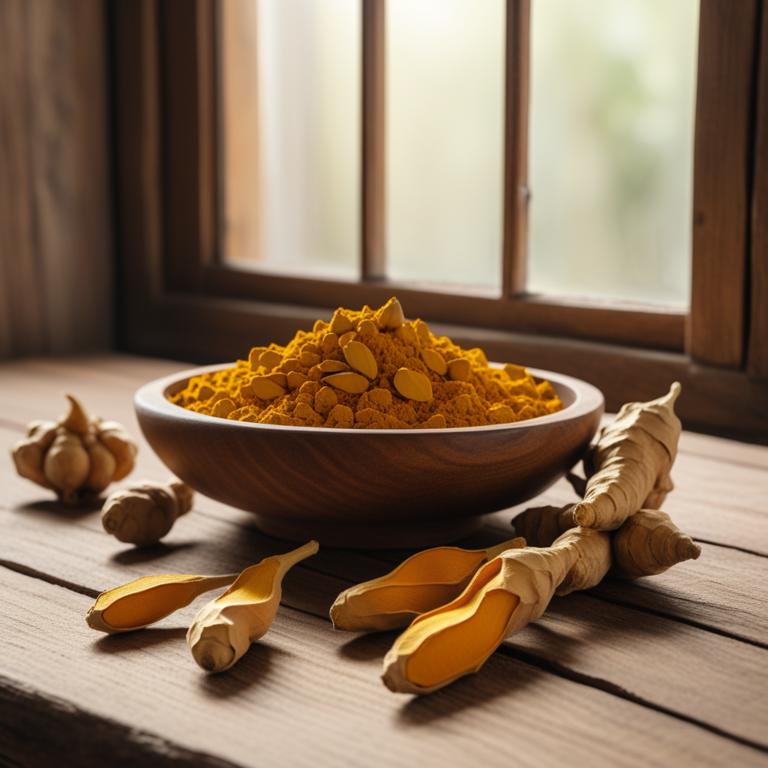Updated: Dec 1, 2024
Laryngitis: Causes, Symptoms, and Herbal Preparations for Relief
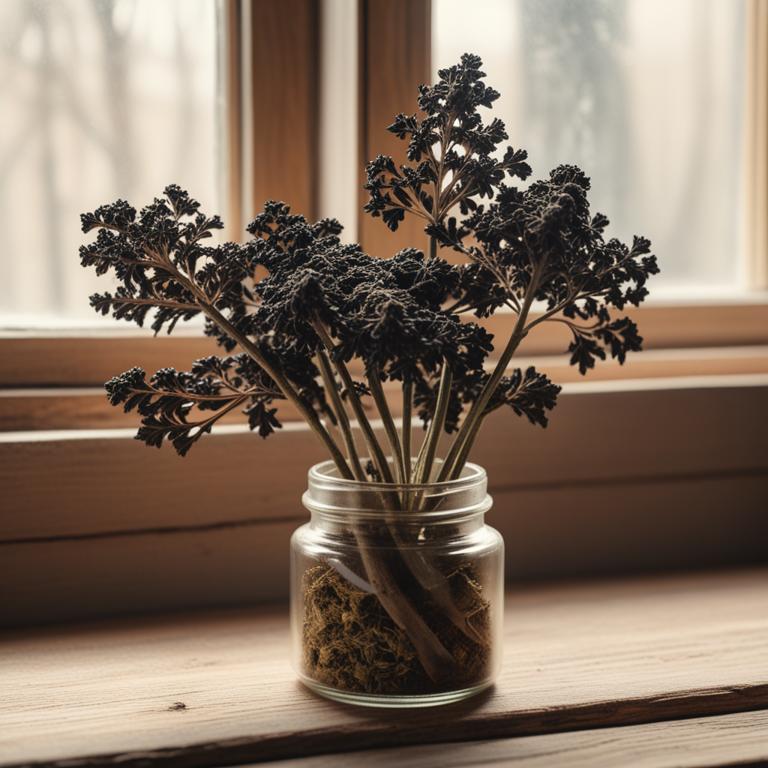
Laryngitis is an inflammation of the vocal cords, making it hard to talk or even whisper.
It can be painful and disrupt your daily life, especially if you need to communicate for work or school. Laryngitis is usually caused by a viral infection, like a cold or flu, but it can also be triggered by overusing your voice, smoking, or exposure to pollution. When we catch a cold or flu, our vocal cords can get irritated, leading to laryngitis. Some people may have a pre-existing condition, like acid reflux, that can cause the vocal cords to become inflamed. Whatever the cause, the goal is to soothe and heal the vocal cords.
Some herbs are known for their calming and anti-inflammatory properties, making them great for treating laryngitis. For example, slippery elm has a protective coating that can help soothe the mucous membranes in the throat, while licorice root has anti-inflammatory properties that can reduce swelling. Marshmallow root and mullein are also often used to calm and heal the vocal cords. To use these herbs, you can try drinking teas made from them. Slippery elm and licorice root teas are both popular choices for soothing a sore throat. You can also try taking herbal tinctures or supplements, but be sure to talk to a healthcare professional before starting any new remedies.
Additionally, some people find it helpful to gargle with warm water and honey to ease the discomfort.
Table of Contents
What leads to the development of laryngitis?
The main causes of laryngitis are usually related to inflammation of the vocal cords.
A viral infection is a common cause of laryngitis, as viruses like the common cold and flu can directly affect the vocal cords, causing them to become inflamed and irritated. This inflammation can lead to hoarseness, a sore throat, and difficulty speaking. Smoking and tobacco smoke are also significant causes of laryngitis. When you inhale tobacco smoke, the chemicals in the smoke can damage the vocal cords and cause them to become inflamed.
This is especially true for long-term smokers, who are more likely to develop chronic laryngitis. Exposure to cold air is another common cause of laryngitis. When you breathe in cold air, it can dry out the vocal cords and make them more susceptible to inflammation. This is why laryngitis often occurs during the winter months when the air is colder and drier.
Additionally, speaking too much or shouting can also put strain on the vocal cords and cause inflammation, but this is not as common as the other causes.
What are the benefits of using herbs for treating laryngitis?
Using herbs for laryngitis can bring many benefits.
For one, they can help soothe and calm the irritation in your throat, reducing the discomfort and pain associated with this condition. These herbs have anti-inflammatory properties that can help reduce swelling in the throat, making it easier to swallow and speak. They can also help loosen and clear out mucus and phlegm, which can get stuck in your throat and make it harder to breathe.
Additionally, some of these herbs have antibacterial properties that can help fight off infections, promoting healing and preventing further complications. They can also help reduce stress and anxiety, which can exacerbate laryngitis symptoms. Some people may find that using herbs helps them sleep better at night, which is essential for allowing their body to recover from the illness.
By incorporating these herbs into your treatment plan, you may be able to alleviate your symptoms and speed up the healing process.
What are the key medicinal herbs for managing laryngitis?

If you're experiencing laryngitis, trying herbs that have soothing and anti-inflammatory properties can help ease your symptoms.
For example, Echinacea purpurea is often used to boost the immune system and reduce inflammation in the throat. Glycyrrhiza glabra, also known as licorice root, has anti-inflammatory properties that can help soothe a sore throat and reduce swelling.
Thymus vulgaris, or thyme, is a natural antimicrobial agent that can help combat infections that may be causing your laryngitis. Additionally, Zingiber officinale, or ginger, has natural anti-inflammatory properties that can help reduce swelling and ease pain in the throat. Finally, Mentha x piperita, or peppermint, has a cooling effect that can help reduce inflammation and ease coughing.
Drinking herbal teas made from these plants may help alleviate your symptoms and get you back to feeling better faster.
What herbal preparations are most often used to treat laryngitis?
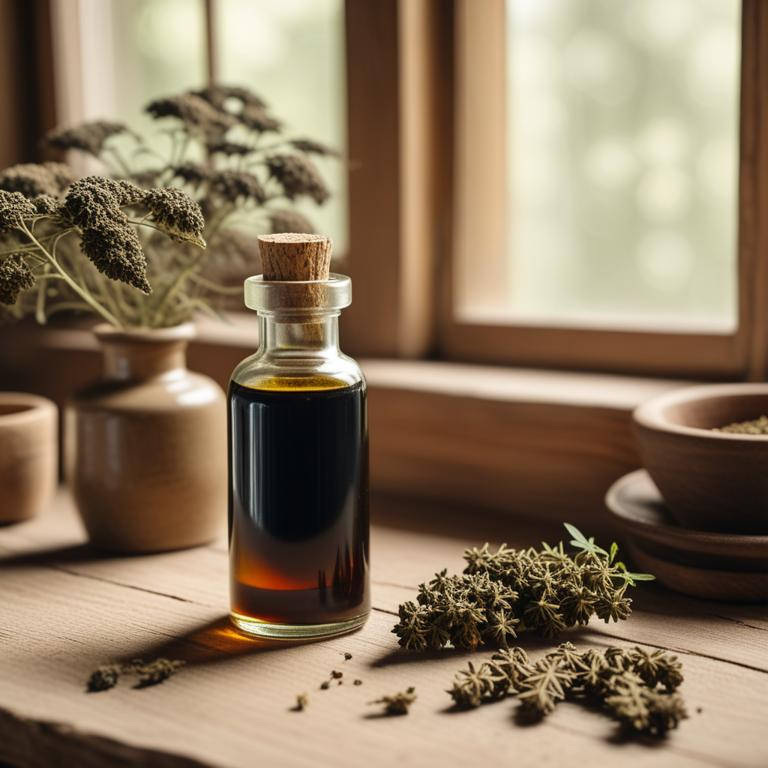
Herbal preparations can be very helpful when it comes to soothing a sore throat due to laryngitis.
A decoction is a liquid herbal remedy made by steeping herbs in hot water, and it's great for laryngitis because the hot water helps to release the active ingredients of the herbs, which can then be easily absorbed by the body. These active ingredients, such as anti-inflammatory compounds, can help to reduce swelling and pain in the throat. A tincture is another type of herbal preparation that's made by soaking herbs in a solvent like alcohol or glycerin. Tinctures are really good for laryngitis because they're easily absorbed by the body and can provide quick relief from symptoms. When taken internally, tinctures can help to calm inflammation and ease pain in the throat. A salve is a topical herbal preparation that's applied directly to the skin, and it's great for laryngitis because it can provide targeted relief to the throat area.
Salves are often made with anti-inflammatory herbs like calendula, which can help to reduce swelling and ease pain. Applying a salve to the throat can provide quick relief and help to soothe a sore throat. A gargle solution is a liquid herbal remedy that's specifically designed to be gargled in the throat, and it's really good for laryngitis because it can help to soothe and calm the throat area. When gargled, the herbal ingredients in the solution can help to reduce inflammation and ease pain in the throat, providing quick relief from symptoms. Finally, an herbal syrup is a sweet liquid remedy that's made by infusing herbs in a liquid base like honey or sugar. Herbal syrups are great for laryngitis because they're easy to take and can provide quick relief from symptoms.
When taken internally, herbal syrups can help to calm inflammation and ease pain in the throat, providing long-lasting relief from laryngitis symptoms.
Additional Resources:
Which herbs should you steer clear of if you have laryngitis?
If you have laryngitis, it's best to be careful with certain herbs that might irritate your throat even more.
For example, Rosemary, or Rosmarinus officinalis, can be quite drying to your throat, which can make your laryngitis symptoms worse. It's also wise to steer clear of Cinnamon, or Cinnamomum verum, as its strong heat can further inflame your throat.
Sassafras, or Sassafras albidum, contains a compound called safrole, which can be toxic in large amounts and might worsen your laryngitis symptoms. Elderberry, or Sambucus nigra, is sometimes used to make medicine, but its berries can be quite harsh on the throat, so it's best to avoid it when you have laryngitis. Lavender, or Lavandula angustifolia, might have calming effects on some people, but its fragrance can still be irritating to the throat, especially when you're already struggling with laryngitis.
When you have a sore throat, it's always best to stick with gentle, soothing options that will help you feel better, rather than risking making things worse with strong or irritating herbs.
FAQ
Are there any specific herbs that can prevent laryngitis?
Ginger and slippery elm are sometimes used to help soothe a sore throat and reduce inflammation associated with laryngitis.
These herbs are thought to have anti-inflammatory properties, which may help calm the irritation and discomfort of a laryngitis.
Some people also use thyme, as it's believed to have antibacterial properties that can aid in recovery.
Is it safe to use herbal remedies for laryngitis during pregnancy?
When you have laryngitis during pregnancy, it's a good idea to talk to your body about what it needs.
Some herbal remedies, like slippery elm, might help soothe your throat, but others, like sage, are not recommended.
Always check the ingredients and potential effects on you and your baby before trying anything new.
Are there any herbs that can reduce the frequency of laryngitis?
Some herbs may help reduce the frequency of laryngitis.
For example, thyme has antibacterial properties that can soothe an irritated throat. Ginger has anti-inflammatory properties that can reduce swelling and pain. Licorice root has a soothing effect on the mucous membranes, which can help calm an inflamed throat.
Drinking herbal teas made with these herbs may provide some relief.
Related Articles
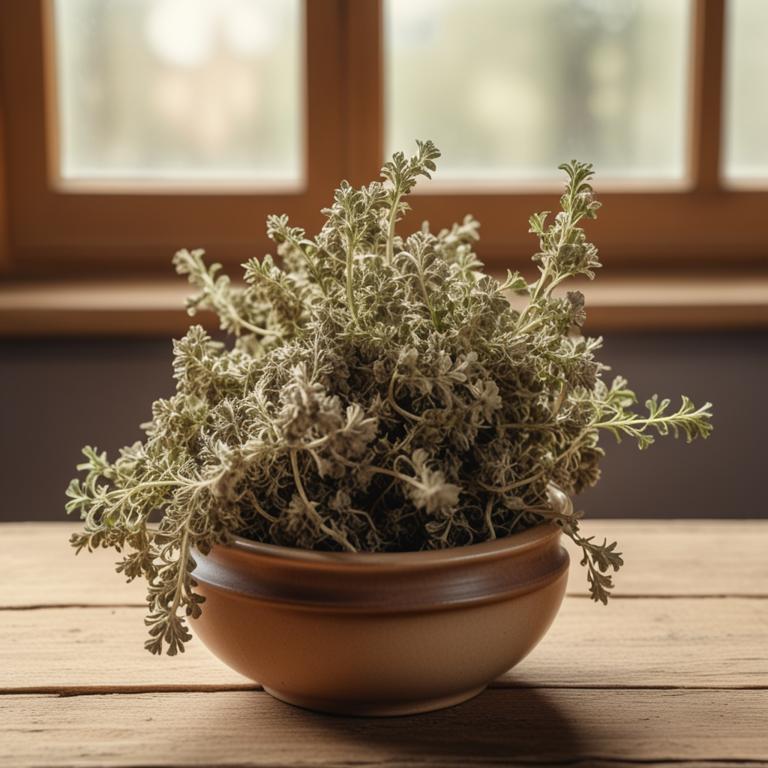
The Complete Guide to Acute Bronchitis: Causes, Medicinal Herbs, and Herbal Preparations

Pertussis: Causes, Symptoms, and Natural Remedies with Medicinal Herbs
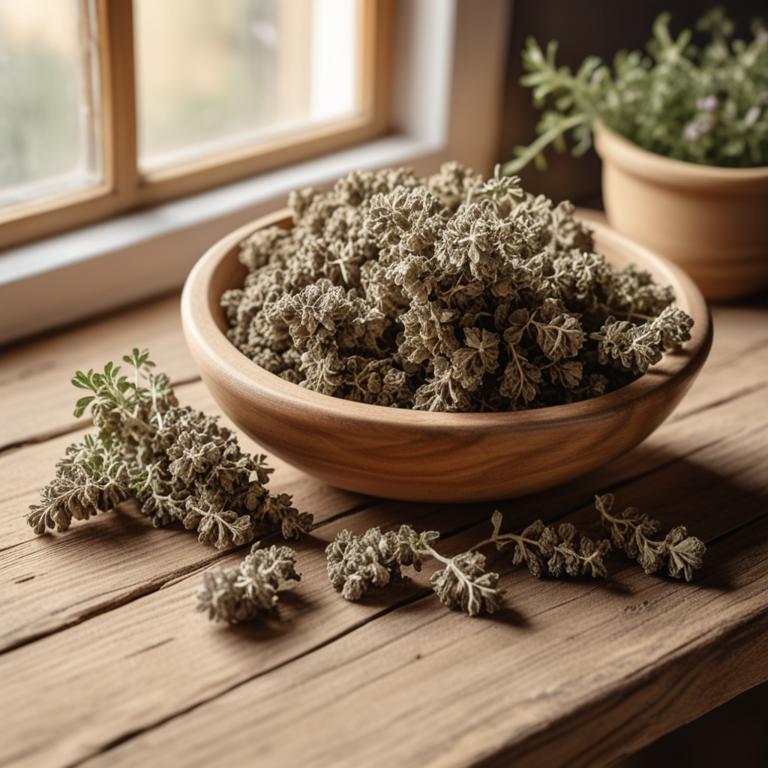
Phlegm: Causes, Herbs, and Medicinal Preparations for Relief
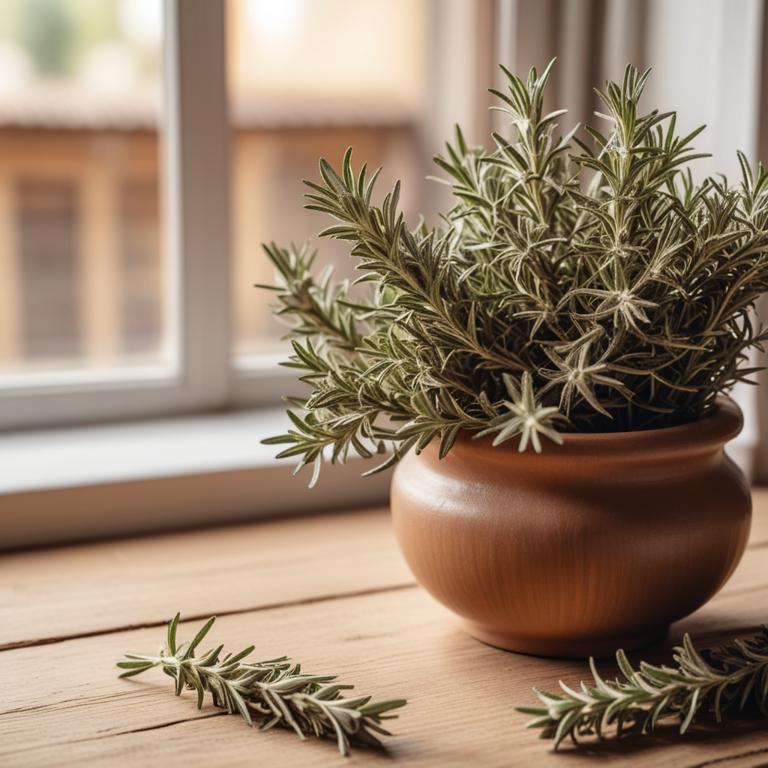
Wheezing Treatment with Medicinal Herbs and Herbal Preparations
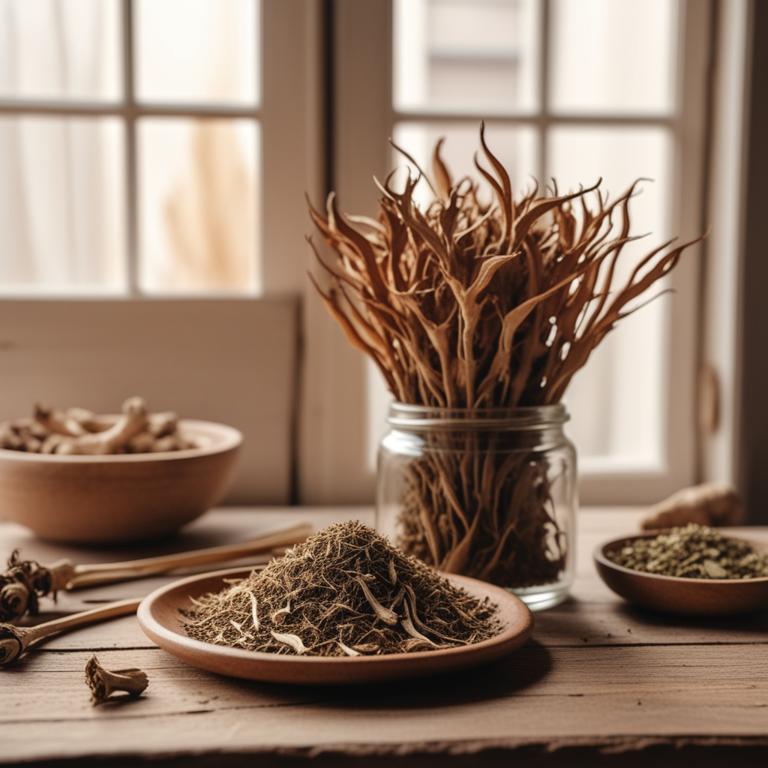
Hoarse Voice: Understanding Causes and Using Medicinal Herbs and Herbal Preparations





